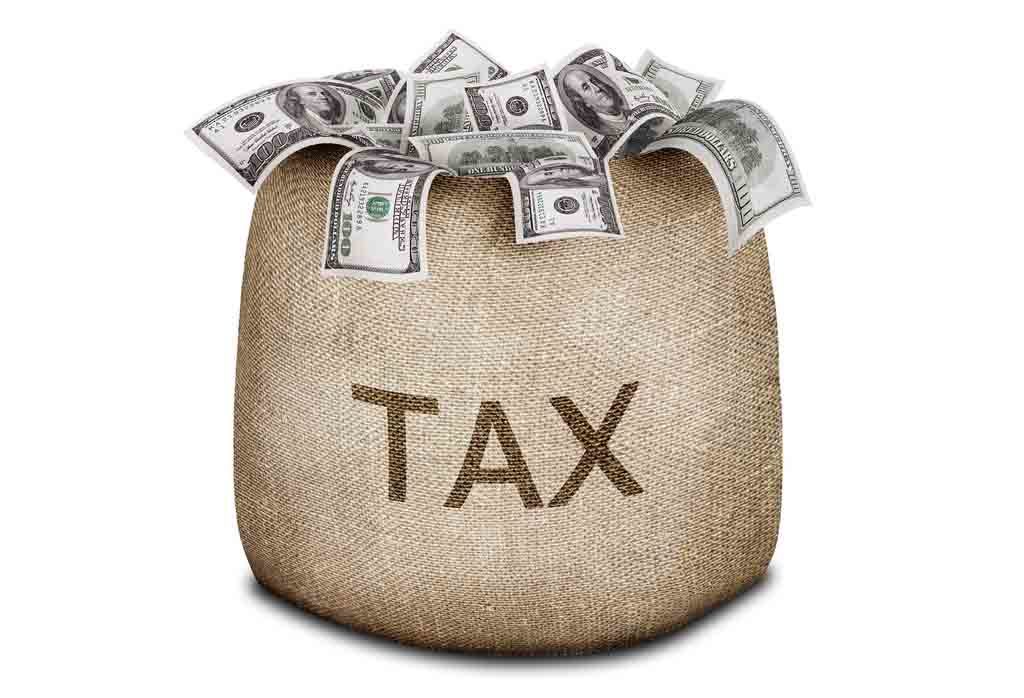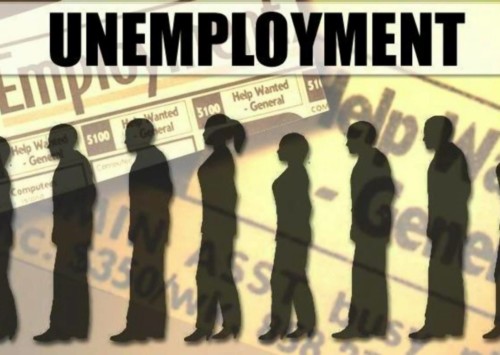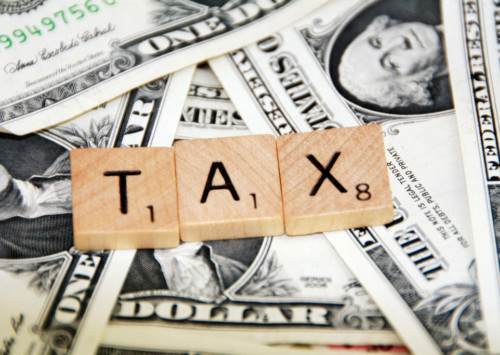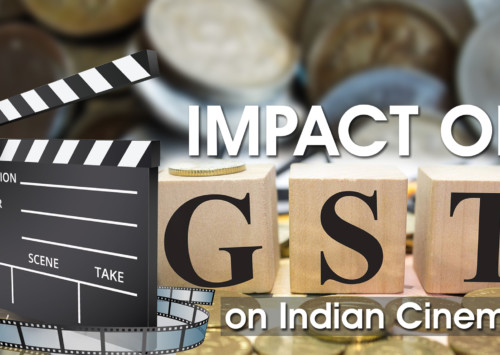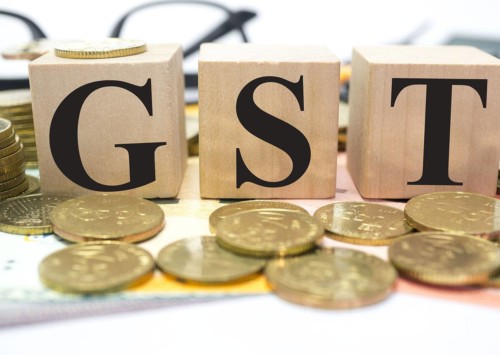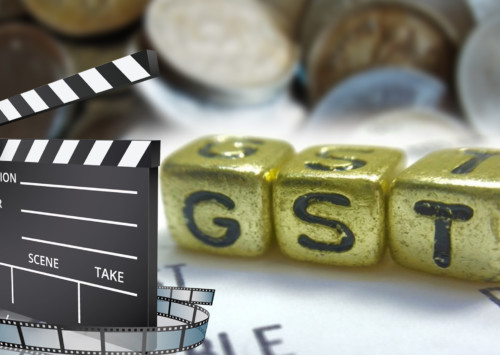100 days of GST: Council revises rates for 27 products
Following the implementation of the Goods and Services Tax (GST) in India, the GST Council has been facing a lot of reproves. As the new taxation regime completes 100 days of operation, the council has already revised taxes on 27 goods along with considering reduction of rates for products in the highest tax bracket of 28 pc.
Setting forth a single tax structure, eliminating many central and state government taxes, the Goods and Services Tax (GST) in India has been inviting criticisms ever since its rollout and has allegedly fueled economic slowdown in the country, according to various reports.
For a second consecutive quarter, India lost the position for the fastest growing economy to China, and if the growth in Gross Domestic Product (GDP) declines by the same token, it could be a further jolt to unemployment.
Amongst the worst hit by GST are the Micro, Small and Medium Enterprises (MSMEs) and exporters because of reasons ranging from lack of nodal authority to closely watch execution bodies of the new tax regime and the faults in GST network portal, where all traders and businesses have to mandatorily file their returns.
Handing out ease to small and medium enterprises (SMEs), traders and exporters, the GST council recently cut down the rates of 27 items of daily use including roti (Indian bread), namkeen (snacks), stationery, man-made yarn, zari work (weaved threads made of gold or silver), unbranded ayurvedic medicines, dried mango, e-waste, plastic and rubber waste.
Apart from reduced tax, the body also announced some revised regulations including suspension of the reverse charge tax (under which large businesses are required to source supplies from MSMEs to deduct taxes from them and pay to the government), and refund of taxes to exporters through e-wallet and exemption from enquiry into previous value-added tax (VAT) regime matters.
Additionally, small businesses (with sales up to INR 15 million) are now allowed to file tax returns once a quarter instead of every month.
For merchant exporters, the body introduced GST rate of 0.1 pc eliminating full applicable GST rates on their procurements.
Petrol-ing the fire
54,000 petrol pumps in India under the United Petroleum Front (UPF) announced a nationwide strike on October 13 to push for various demands including better margins and inclusion of petroleum products under GST.
It warned that if the demands were not met at the earliest, fuel dealers would be forced to stop purchase and sale operations from October 27 this year.
A relook at the 28 pc tax slab
As per the council, after revenue from the new tax regime stabilises, it will further consider slashing tax rates of products in the highest tax bracket of 28 pc.
Products in the category include chocolates, extract or concentrate of coffee, some non-alcoholic beverages, sweetened aerated drinks, tobacco, marble, granite, wallpapers, paints, varnishes, perfumes, beauty and skin care products and after-shave creams.
Entertainment events, movies and accommodation in five-star and above rated hotels also fall under 28 pc taxation rates.

